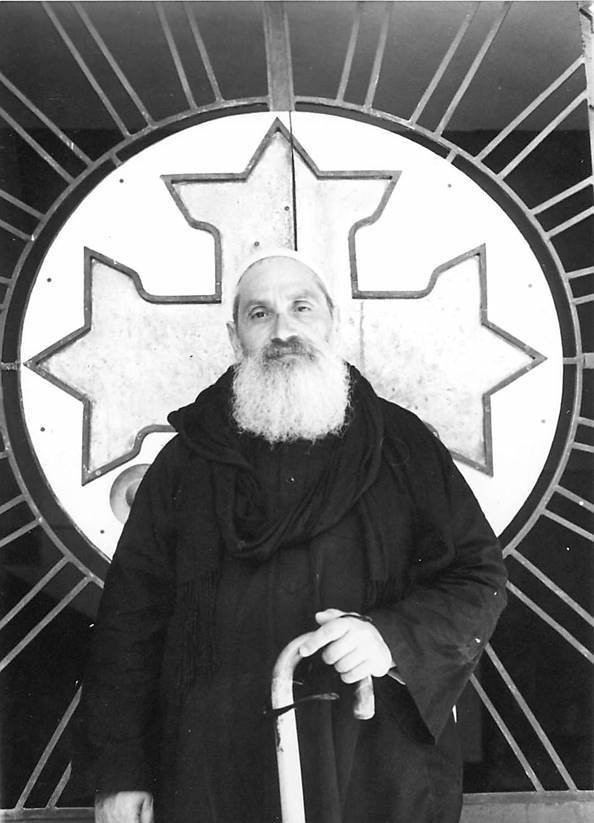 Father Matta al-Miskīn’s Commentary on Saint John’s Gospel (Introductory Volume)
Father Matta al-Miskīn’s Commentary on Saint John’s Gospel (Introductory Volume)
Thematic Considerations
4 The True Light
by Wagdy Samir
In the previous article, I explored the theme of witnessing in Father Matta’s introductory volume on the Gospel of Saint John. Here, I consider one aspect pertaining to witnessing, namely, witnessing the true light. I will discuss the second aspect of witnessing God’s glory in the next article.
According to Father Matta, light in the Gospel of Saint John denotes the true light, not the natural light. The role of the true light is dual, “it exposes sin and eradicates it […], and it reveals the highest (divine) mysteries.” Humankind attains this light through “spiritual realisation […] and Christian consciousness received through faith and the Holy Spirit.”
Commenting on John 1:9, “that was the true light,” Father Matta highlights a nuance in the usage of the word “light.” He points out that in the original Greek, “the true light” features as τὸ Φῶς τὸ ἀληθινόν, with the article before the word “light.” He stresses that the presence of the article points to the fact that only Christ is the true light who reveals the Father (John 1:18).
Father Matta goes on to contrast “light” in v.4 (life was the light of human beings) and in v.9 (the true light). For him, “light” in v.4 points to “the light of understanding, perception, and enlightenment,” whereas “the true light” in v.9 refers to light as it relates to God’s nature.
Thus, Father Matta sees two interlinked dimensions to the word “light” in the context of verses 4 and 9. He asserts that the Word is light by nature (v.9) and that, at the same time, he reveals this true light to humankind by granting it the ability to comprehend it (v.4). Even though God’s nature is incomprehensible, through the Word of God, the true light that came to the world, “God is perfectly apprehensible, while his perfection is not apprehensible.”
In essence, when Christ says “I am the light of the world” (John 9:5), he means that as the Word of God he reveals God’s nature for the salvation of humankind. Through the incarnation, Christ has revealed to humankind the “mystery of fatherhood and sonship in God, leading to humankind accepting eternal life and the adoption to God (the Father) through Christ.” In being granted the true light, humankind “participates in the same light.”
However, partaking of the true light necessitates an ethical response from humankind. We ought to “walk with diligence” in the new life, the new creation from above, “lest darkness overtakes us” and lest we fall prey to “the old creation that is enslaved to the darkness of sin.”
Source: Matta al-Miskīn, Introduction to the Commentary of the Gospel of St John: Study and Analysis (Al-Madkhal li-Sharḥ Injīl al-Qiddīs Yūḥanna: Dirāsah wa-Taḥlīl) (Cairo: Monastery of St Macarius, 1989) 119-122. (W. Samir’s translation of quoted passages)
13 August 2022 © AIOCS
AIOCS LTD is a not-for-profit charitable organisation that promotes the study of Orthodox Christianity, Eastern and Oriental, in Australia
For donations, please go to https://www.paypal.com/paypalme/aiocsnet or contact us at info@aiocs.net

